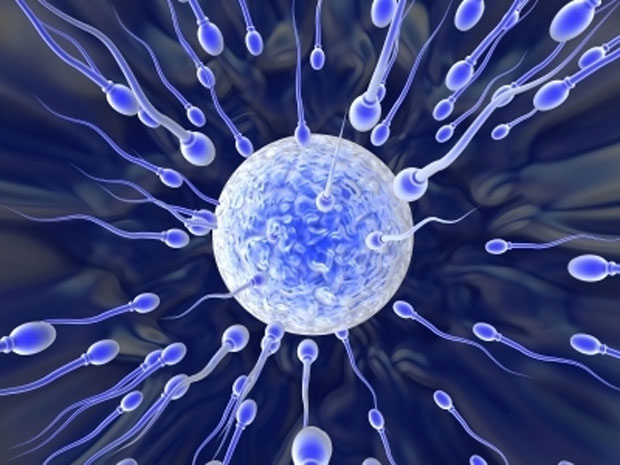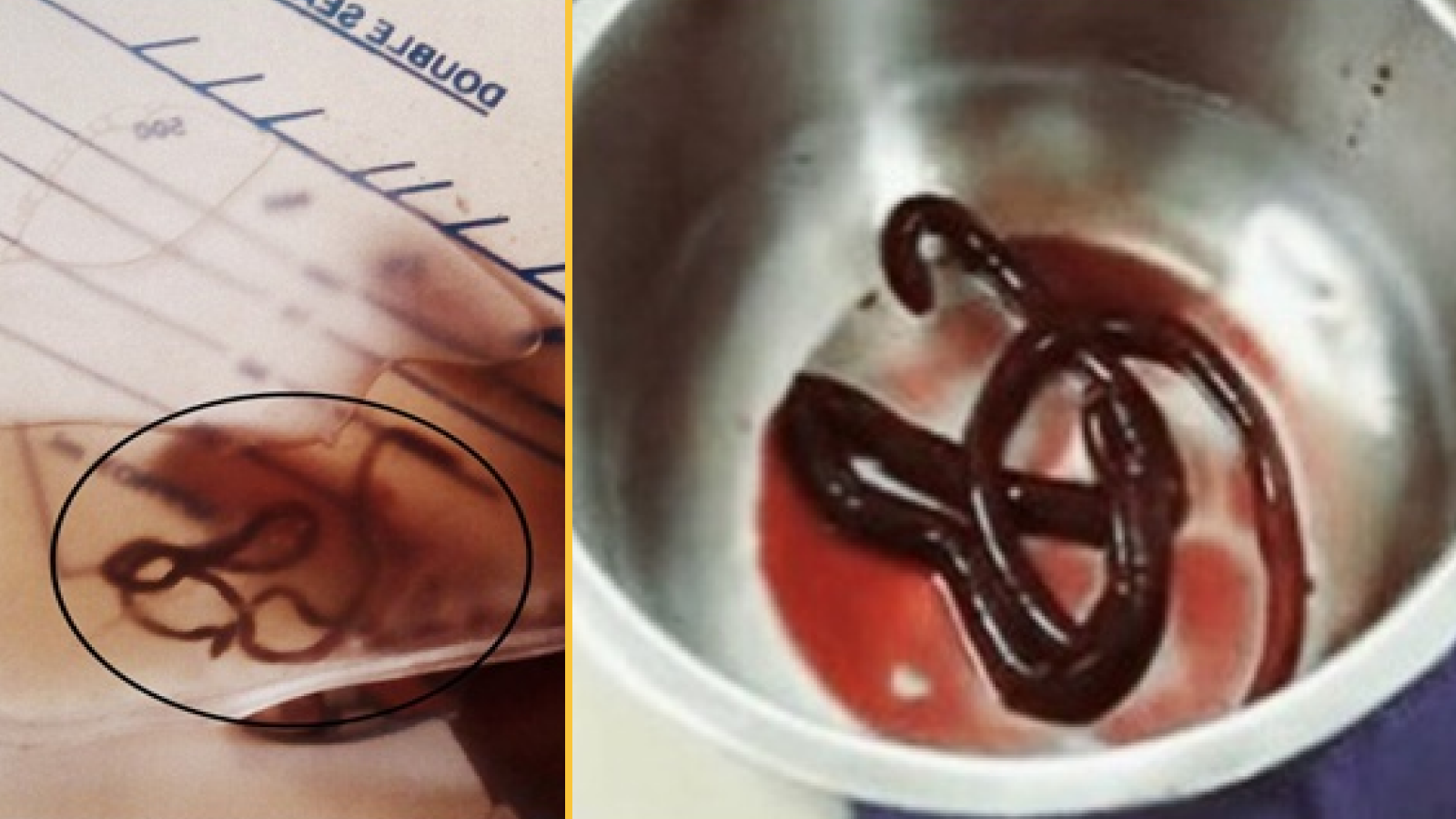5 Surprising Facts About Egg Freezing

A city in Japan has announced that it will pay a large part of the cost of egg freezing for women who live there, as part of a program aimed at raising the country's low birth rate. Egg freezing is the process of extracting egg cells from a woman's ovaries and storing them for later use.
Urayasu, a city near Tokyo, will provide the currency equivalent of $850,000 over a three-year period to fund a research project on egg freezing, according to the Associated Press.
Women who take part in the program would pay just 20 percent of the total cost of freezing their eggs, or about $960 to $1,150. The total cost of the procedure in Japan is around $4,800 to $5,760. (In the United States, the price of egg freezing can range from $5,000 to more than $15,000, not including the cost of the required medications.) So far, about 12 women have started the egg-freezing process as part of the Urayasu program.
The city wants to help turn around Japan's falling birth rate, which is currently at 1.4 births per woman, according to the World Bank — one of the lowest worldwide. (The birth rate in the United States is 1.9 births per woman, according to the World Bank.) [Conception Misconceptions: 7 Fertility Myths Debunked]
Egg freezing is viewed as a way to improve women's chances of conceiving at older ages. But the procedure is far from a perfect fix. Here are five surprising facts about egg freezing.
Egg freezing is not recommended as a way for women to delay having children.
Despite a growing interest in egg freezing, the procedure is still not a recommended way for women to postpone having children, at least not in the United States.
Sign up for the Live Science daily newsletter now
Get the world’s most fascinating discoveries delivered straight to your inbox.
In 2012, the American Society for Reproductive Medicine (ASRM) said there is not enough data to recommend that women freeze their eggs for the sole purpose of delaying childbearing. That's because studies are lacking "to support the safety, efficacy, ethics, emotional risks and cost-effectiveness" of egg freezing for this purpose, the ASRM said.
Still, the ASRM does recommend egg freezing for several other groups of people, including women who, for example, have cancer, and may lose their fertility during chemotherapy.
Very few women who freeze their eggs actually use them.
Fertility centers have reported that the percentage of women who freeze their eggs and then come back to use them is relatively low. In a recent study, researchers at a fertility clinic in Santa Monica, California, found that, from 2007 to 2012, 232 women froze their eggs at the clinic to delay childbearing, but 95 percent of these women still had not used their eggs by 2015.
In a survey of 49 of these women, 16 percent said they were able to have children by other means, 30 percent said they were still not ready to have children and 53 percent said they hadn't used the eggs yet because they were still single.
Pregnancy is still not a guarantee with egg freezing.
Many women who freeze their eggs say they think of the procedure as an "insurance policy" in case they aren't able to become pregnant at older ages. But freezing eggs does not guarantee pregnancy success. Studies conducted in Europe on frozen eggs from donors under age 30 found that women's pregnancy rates ranged from 36 to 61 percent.
The chances of pregnancy depend, in part, on how old women are when they freeze their eggs, and the number of eggs they freeze. An online fertility calculator developed by researchers at New York Medical College and the University of California, Davis estimates that a woman who freezes 15 eggs at age 30 has about a 30 percent chance of giving birth to a child if she uses these eggs. And a woman who freezes 25 eggs at age 30 has about a 40 percent chance of giving birth to a child, the calculator estimates.
Egg freezing works best if it's done at younger ages.
The chances of pregnancy are greater if a woman uses "younger" eggs — meaning eggs she froze in her 20s or early 30s, rather than later on, Dr. Wendy Vitek, a fertility expert at the University of Rochester Medical Center, told Live Science in an interview in June 2014.
Studies tend to find that pregnancy rates for women who freeze their eggs after age 38 are significantly lower than for those who freeze their eggs at younger ages, according to ASRM. One study from Italy found that pregnancy rates for women who had their eggs frozen after age 38 was about 10 percent.
Babies born from frozen eggs are still not that common.
It's not clear exactly how many babies have been born from frozen eggs, but by some estimates, it's in the low thousands. The procedure was first used in 1986. According to the USC Fertility Center, part of the Keck School of Medicine at the University of Southern California, about 5,000 babies have been born from frozen eggs worldwide.
Original article on Live Science.

Rachael is a Live Science contributor, and was a former channel editor and senior writer for Live Science between 2010 and 2022. She has a master's degree in journalism from New York University's Science, Health and Environmental Reporting Program. She also holds a B.S. in molecular biology and an M.S. in biology from the University of California, San Diego. Her work has appeared in Scienceline, The Washington Post and Scientific American.










